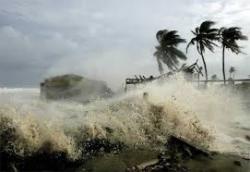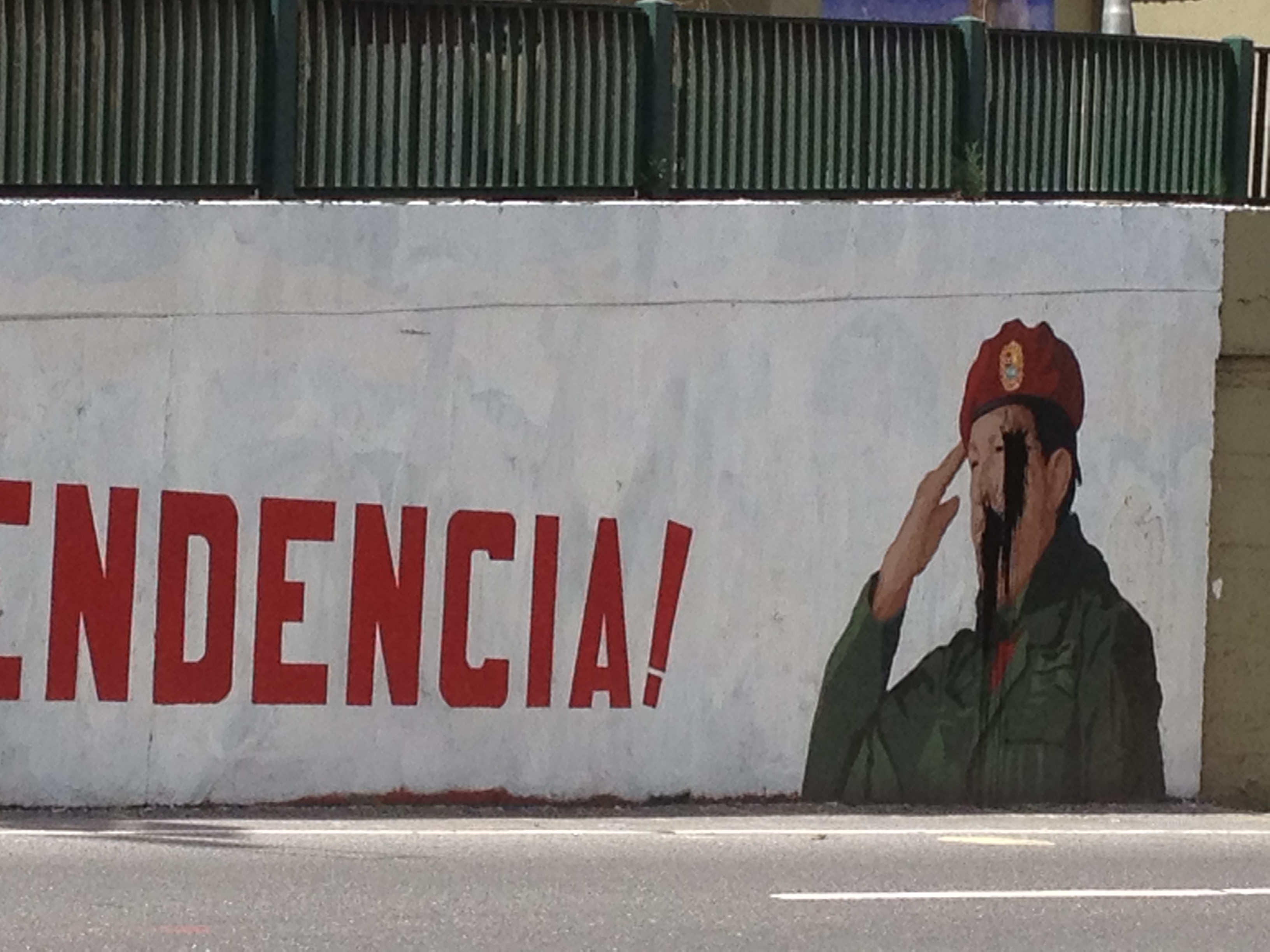
We offer the following translation in the wake of the legislative elections in Venezuela on December 6, 2015 which saw the right-wing Mesa de la Unidad Democrática (Democratic Unity Roundtable, MUD) decisively seize control of the National Assembly from the Partido Socialista Unido de Venezuela (United Socialist Party of Venezuela, PSUV), and the recent election to the Argentine presidency of conservative candidate Mauricio Macri, formerly the neoliberal mayor of Buenos Aires, who defeated the Kirchnerist candidate Daniel Scioli, a figure himself on the Right of Peronism. The present essay by Massimo Modonesi was written prior to those events, but it grapples with a question that has only become more pressing in their aftermath: Whither Latin America?
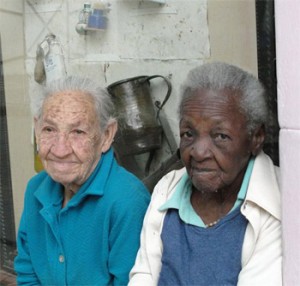

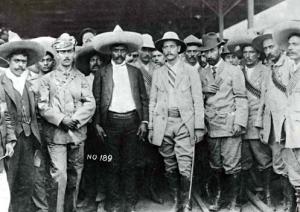
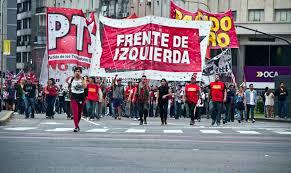
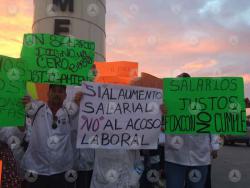
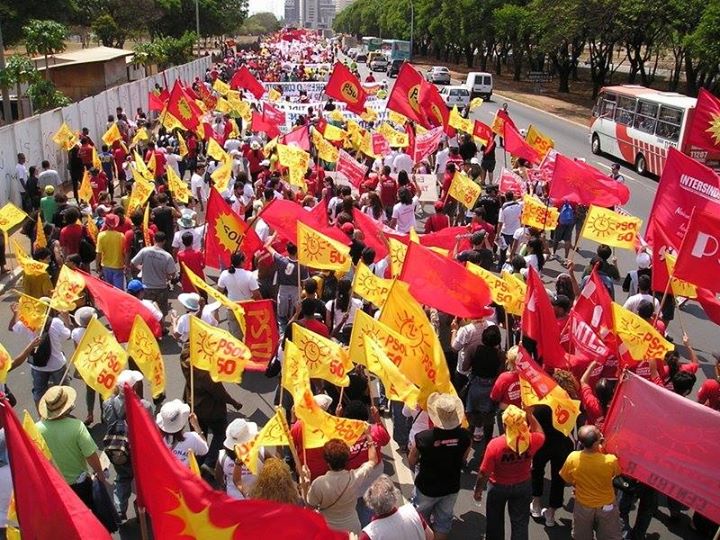

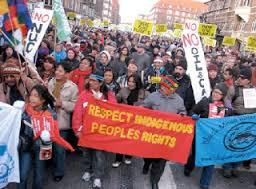
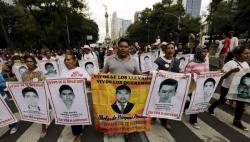
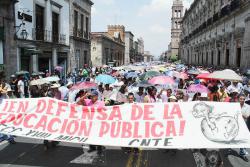
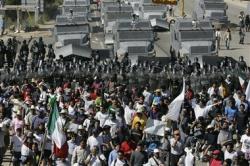
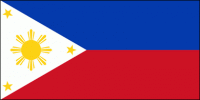 In a
In a 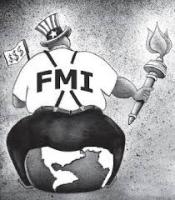
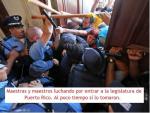 On Monday June 29, the Governor of Puerto Rico, Alejandro García Padilla, delivered a live message to the people of Puerto Rico stating that the government’s $73 billion debt is unpayable. The governor stated, “The public debt, considering the present level of economic activity, is unpayable”.
On Monday June 29, the Governor of Puerto Rico, Alejandro García Padilla, delivered a live message to the people of Puerto Rico stating that the government’s $73 billion debt is unpayable. The governor stated, “The public debt, considering the present level of economic activity, is unpayable”.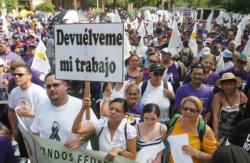
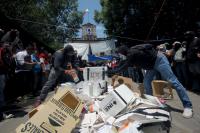 isillusionment with the political system, an organized attempt to prevent the election from taking place in a few states, and continuing economic doldrums, President Enrique Peña Nieto and his Institutional Revolutionary Party (PRI) were the big winners in the Mexican election, followed by the conservative National Action Party (PAN).
isillusionment with the political system, an organized attempt to prevent the election from taking place in a few states, and continuing economic doldrums, President Enrique Peña Nieto and his Institutional Revolutionary Party (PRI) were the big winners in the Mexican election, followed by the conservative National Action Party (PAN). 